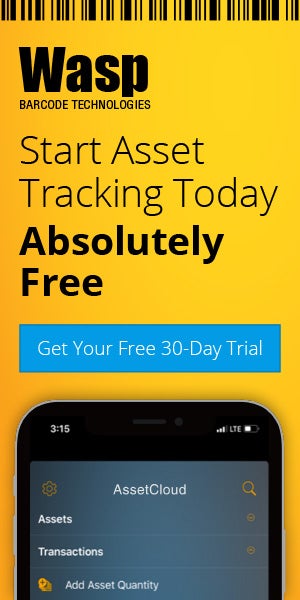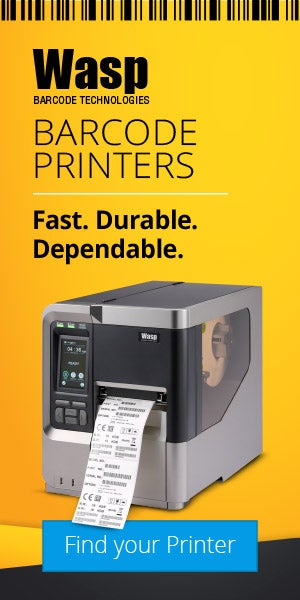Wasp Barcode Technologies: The Barcode Solution People
Cautions for fast-growing startups
There are three concepts entrepreneurs must understand when securing funding for a fast-growing startup -
burn rate,
time to out of cash, and
time to close.
1. Burn rate (BR) refers to the amount of money a company spends in a given time, usually a month. If the company has income, the burn rate quantifies the difference between the income and the expenses on any given timeframe. In some cases, businesses need to evaluate their burn rate on a weekly basis.
2. Time to out of cash (OOC) is the amount of time that it will take for a company's cash to be completely exhausted. It is defined by subtracting the burn rate from the cash that is available in a timely basis. Many entrepreneurs overestimate income and underestimate the time required to turn a sale into cas.
3. Time to close (TTC) refers to the amount of time from when a firm starts to seek funding and the time at which an investment is turned into cash at a bank. The offer to invest is not equal to cash available to the company. Many times there is a delay and this delay is underestimated. Time to close varies from two to six months from the time at which the funding source agrees to the transaction.
What's the shtick?
Defining BR, OOC, and TTC in real terms, AND evaluating them on a weekly or monthly basis (regularly, do what works for you) is essential to establishing a sound financial strategy, because they determine the
ideal funding mechanism and
impact your negotiation power.
If a company has 90 left days to reach zero cash (OOC), the situation is delicate.
Even a reserve of six months cash can be inadequate if it is compared to a larger TTC.
Having a year or more to OOC can drastically increase negotiation power. Entrepreneurs with a 12 month OOC have far greater chances of finding a 'best fit' investor.
Keep your mind on your money and your money on your mind.
Best practice: start looking for funds long before you need them. Look for
crowdfunding sources and
grant opportunities that might be available to you; and be weary of
hidden costs that could sneak up on you. Even if you aren't looking for funding today, look for the opportunity to talk to an investor. Knowing the way an investor sees your company long before you might need his assessment is a very valuable exercise, and could lead to a valuable business relationship. Never underestimate the value of
being prepared.
A note on negotiation: The goal of a funding negotiation is not to get the highest valuation on each deal, or to raise the highest amount of money, but to get a deal that is aligned with
your personal and professional goals. Some entrepreneurs have raised millions of dollars without being prepared to manage it. Not all investors are savvy. Remember that you are choosing as well as being chosen. Don't forget your objectives.
To quote one of our great leaders, Dwight D. Eisenhower:
In preparing for battle I have always found that plans are useless, but planning is indispensable.


